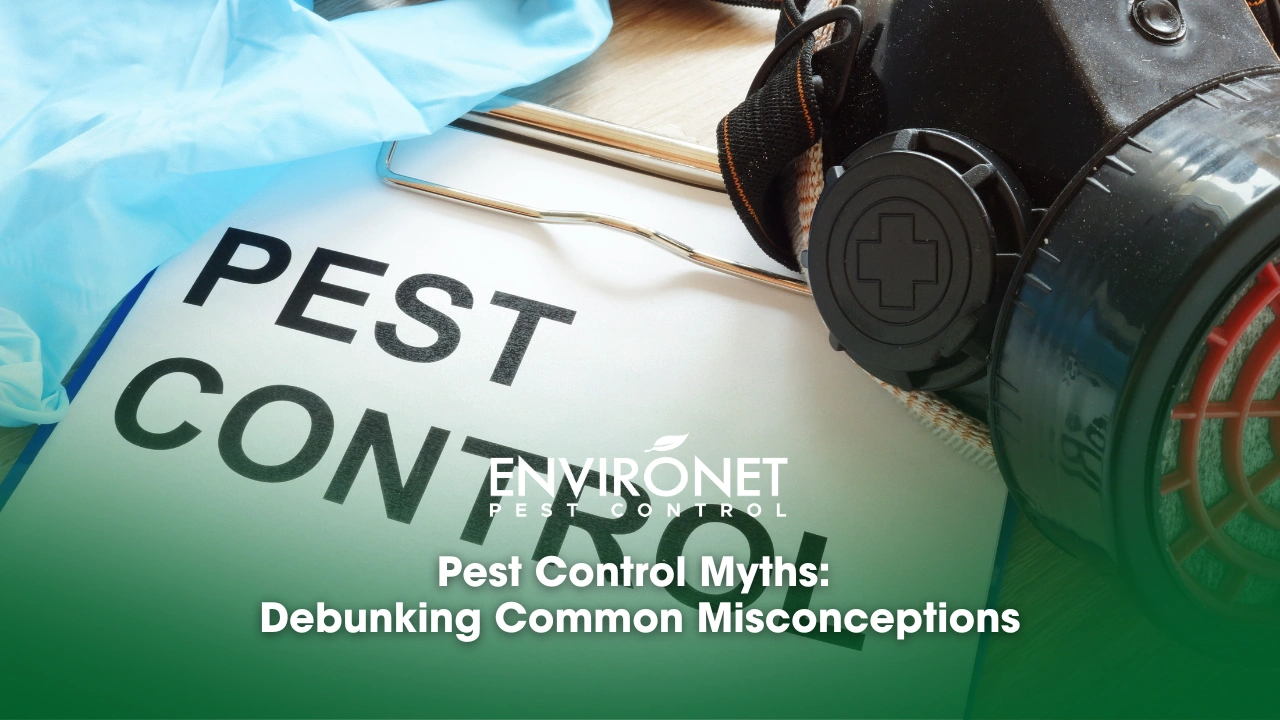
Pest Control Myths: Debunking Common Misconceptions
Last updated on May 26th, 2025 at 03:34 pm
In the world of pest control, myths and misconceptions abound. These misunderstandings often lead to ineffective pest management strategies and unnecessary anxiety among homeowners, consumers, and business owners. In this blog, we will address and debunk some of the most common pest control myths to help you make informed decisions and protect your home from unwanted invaders.
The Role of Good Housekeeping
Before we delve into the myths, it’s essential to understand the role of good housekeeping in pest control. Maintaining a clean and well-organized living space is one of the foundation stones of effective pest prevention. A cluttered and unkempt environment can provide hiding places and food sources for pests, making your home more inviting to them. Good housekeeping practices, if you follow them diligently, play a significant role in minimizing the risk of pest infestations.
It’s also important to recognize that while pest control companies play a crucial role in mitigating and managing pest infestations, they cannot be solely liable when someone spots pests on a property. Pest control professionals can implement preventive measures and treatment strategies to reduce pest populations, but they cannot guarantee absolute pest absence. The presence of pests in a property can result from various factors, including external environmental conditions, neighboring infestations, or even the inadvertent introduction of pests by occupants. Therefore, it’s unrealistic to hold pest control companies solely liable when someone spots pests on a property. Instead, a collaborative approach that involves both the pest control company and property occupants in maintaining good housekeeping practices and implementing preventive measures should be encouraged to achieve effective and long-term pest management.
Now, let’s dive into these myths one by one and uncover the truth behind them.
15 Common Pest Control Myths Debunked
Pest control is a vital aspect of home maintenance, but there are numerous myths and misconceptions surrounding it. Let’s dive into these myths one by one and uncover the truth behind them.
Myth 1: You Only Need Pest Control When You See Pests
One common misconception is that pest control is necessary only when pests are visible. Pests often go unnoticed until they’ve already infested your home. By the time you spot a pest, the infestation may have already reached a problematic stage. Regular pest inspections and preventive measures are essential if you want to keep your home pest-free.
Myth 2: DIY Pest Control is as Effective as Professional Services
Many believe that DIY pest control methods are just as effective as hiring professionals. However, professionals have the expertise and access to specialized tools that DIY solutions lack. They can identify the root causes of infestations and implement tailored solutions that are often more effective and long-lasting.
Myth 3: Pest Control Is Harmful to the Environment
Contrary to popular belief, modern pest control practices are designed to be eco-friendly, using targeted approaches that minimize harm to the environment. Integrated Pest Management (IPM) strategies prioritize non-chemical methods, such as habitat modification and sealing entry points, if you wish to reduce your environmental impact.
Myth 4: Ultrasonic Repellent Devices Keep Pests Away
Ultrasonic-repellent devices claim to keep pests at bay, but their effectiveness is highly debated among experts. While some studies suggest they may have limited success in repelling specific pests, they are generally not a reliable standalone solution. Combining ultrasonic devices with other pest control methods, for example, can enhance their effectiveness.
Myth 5: Bed Bugs Only Infest Dirty Homes
Bed bugs are equal-opportunity invaders; they can infest both clean and dirty environments. Their presence has nothing to do with cleanliness. Bed bugs are excellent hitchhikers and can be unknowingly brought into any space through luggage, clothing, or used furniture.
Myth 6: Cats Are the Best Pest Control Solution
While cats may catch a few pests, they are not a reliable solution for comprehensive pest control. Cats may deter rodents to some extent, but they won’t eliminate an infestation entirely. Professional pest control methods are more effective if you want to get rid of serious pest problems.
Myth 7: Pests Can Be Eliminated Permanently
Getting rid of pests permanently is a myth. Effective pest control aims to manage and reduce pest populations, not eradicate them entirely. Pest management strategies should be designed for ongoing maintenance if you want to keep your home pest-free.
Myth 8: All Termites Are Destructive
Not all termites are equally destructive. Some termite species pose a significant threat to structures, while others primarily feed on decaying wood and do not cause substantial damage. Identifying the specific termite species is crucial if you want to determine the appropriate treatment.
Myth 9: Rodents Love Cheese
Contrary to popular belief, rodents do not have an innate affinity for cheese. They are more attracted to foods with higher sugar and fat content, such as grains, nuts, and fruits. Using cheese as bait may not be the most effective way to get rid of rodents.
Myth 10: Cockroaches Only Exist in Dirty Environments
Cockroaches can thrive in clean environments too, as they are attracted to warmth and moisture. While poor sanitation can exacerbate cockroach infestations, they can infest even well-maintained spaces.
Myth 11: Pest Control Is a One-Time Service
Effective pest control often requires ongoing maintenance and monitoring to ensure long-term success. Pests can return if their entry points are not sealed, and preventive measures are not sustained. Regular inspections and treatments are essential if you want to maintain a pest-free environment.
Myth 12: All Spiders Are Harmful
Most spiders are harmless and actually beneficial as they prey on other pests. While some spiders can deliver venomous bites, they are generally not aggressive and will only bite in self-defense.
Myth 13: Natural Remedies Are Always Safe and Effective
While natural remedies can have some efficacy, they may not always be as effective or safe as professional pest control methods. The effectiveness of natural remedies can vary widely depending on the pest species and the severity of the infestation.
Myth 14: You Can Control Pests with Regular Cleaning Alone
Regular cleaning is essential but not sufficient for comprehensive pest control. Other preventive measures, such as sealing entry points and proper food storage, are necessary to create an inhospitable environment for pests.
Myth 15: Pest Control Is Expensive and Unaffordable
The cost of pest control varies, but it is often more affordable than the damage pests can cause if left unchecked. Investing in professional pest control services can save homeowners money in the long run by preventing costly repairs and health-related issues.
The Truth About Pest Control
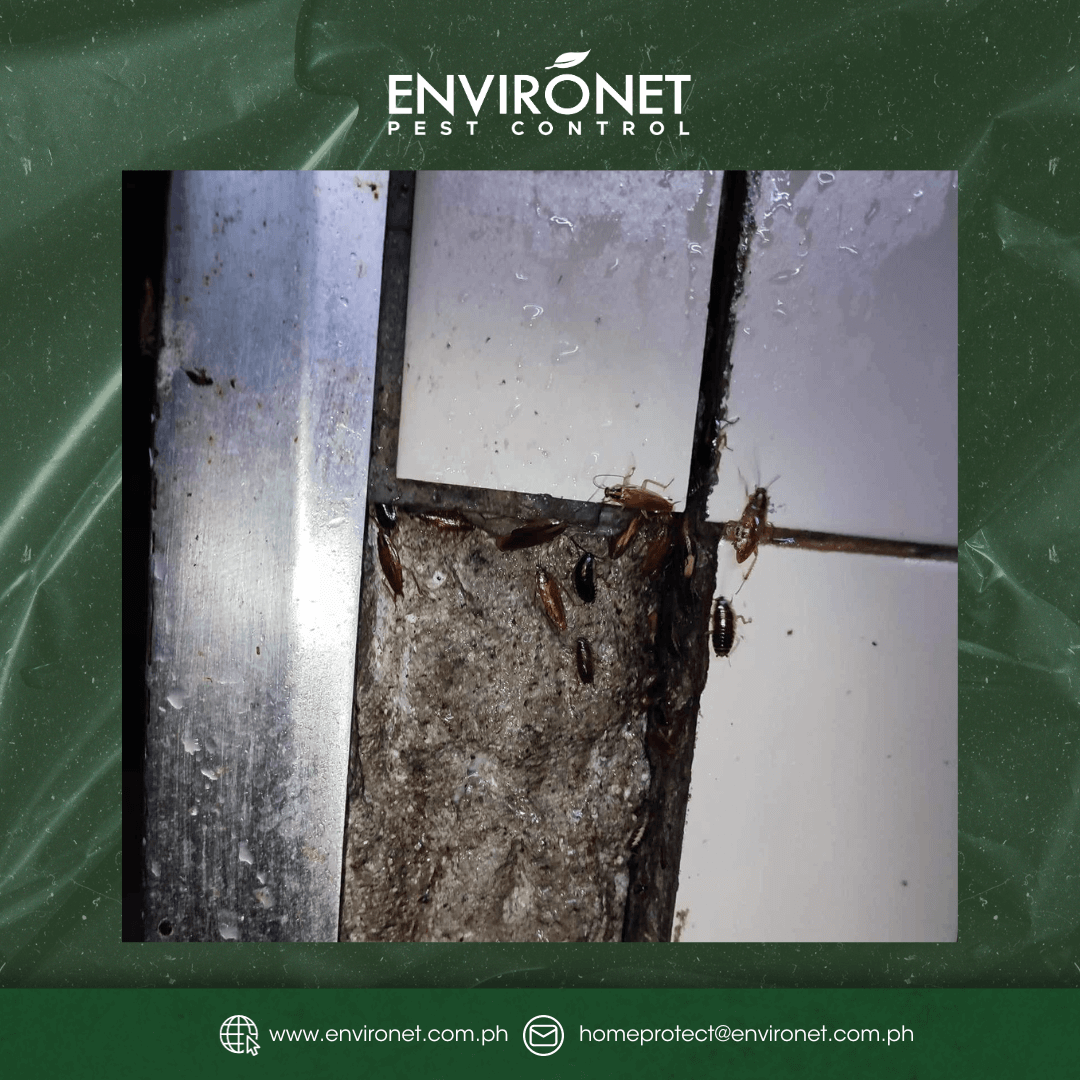
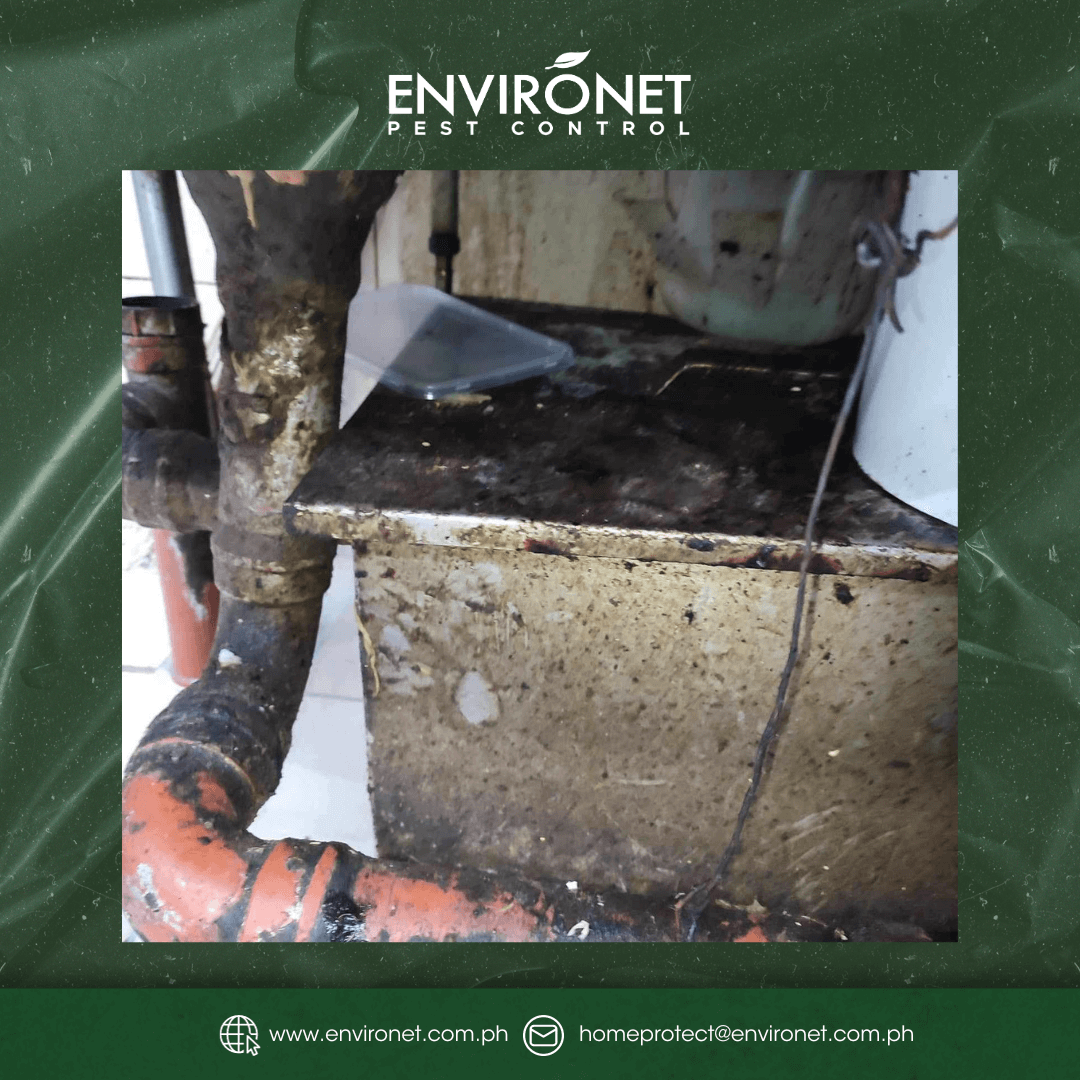
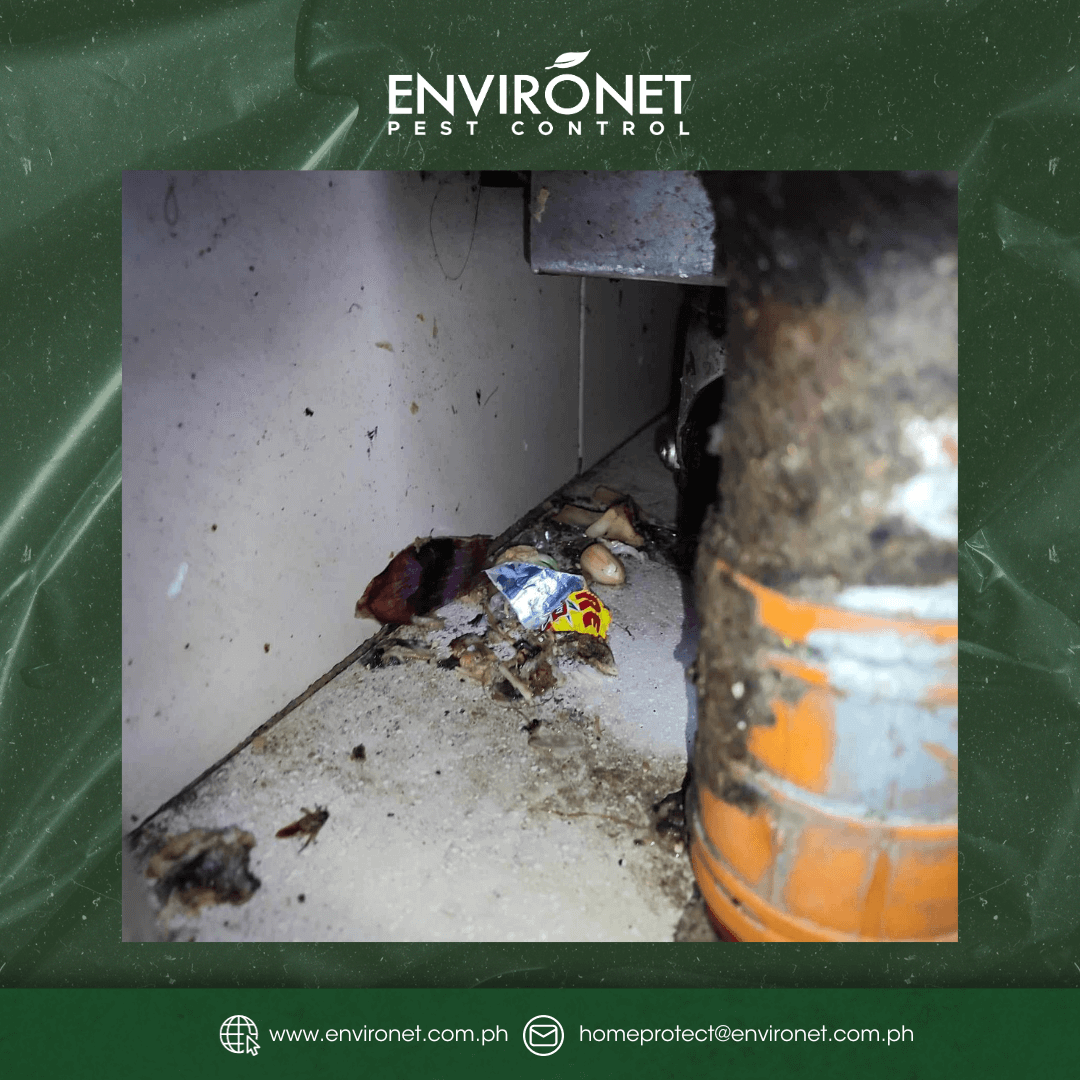
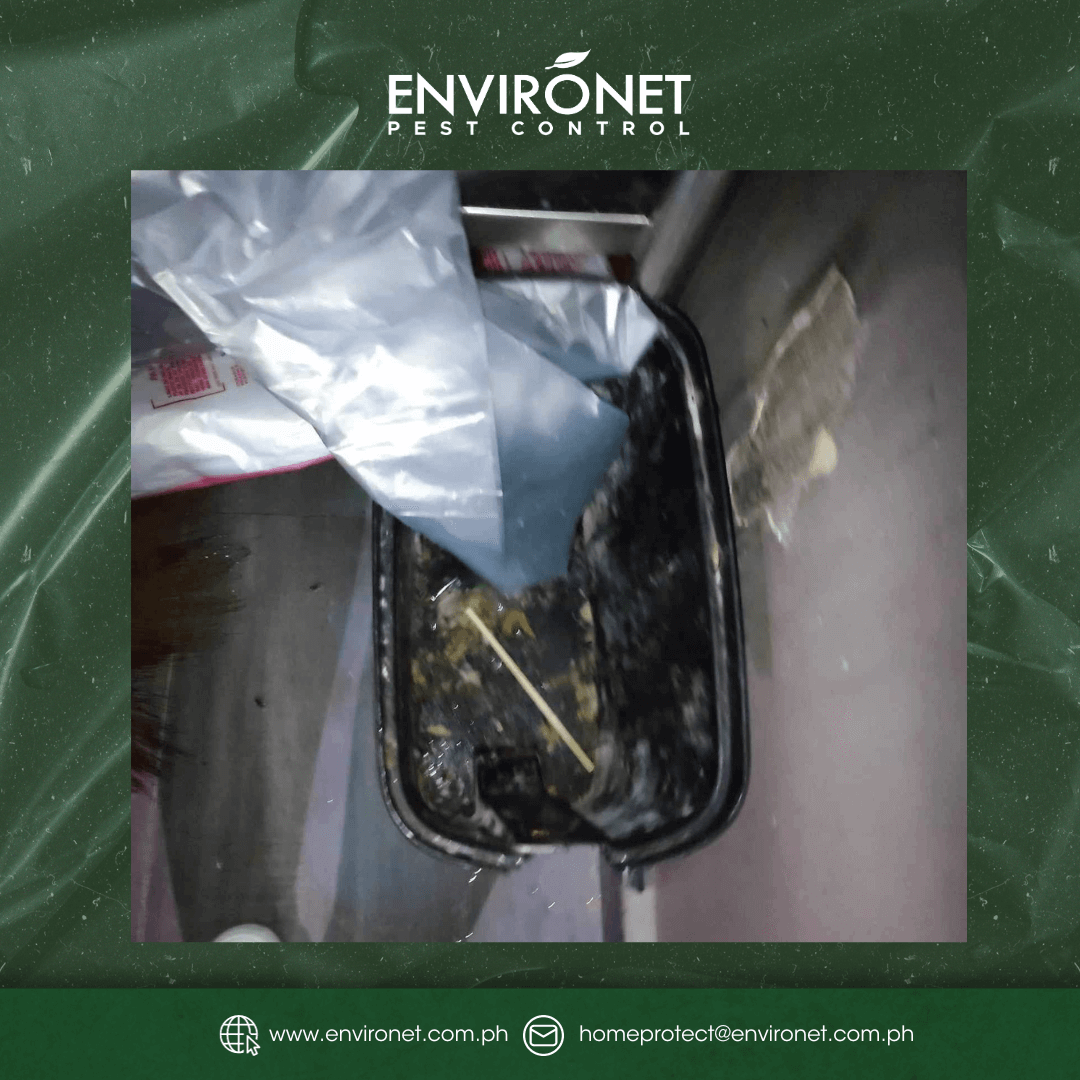
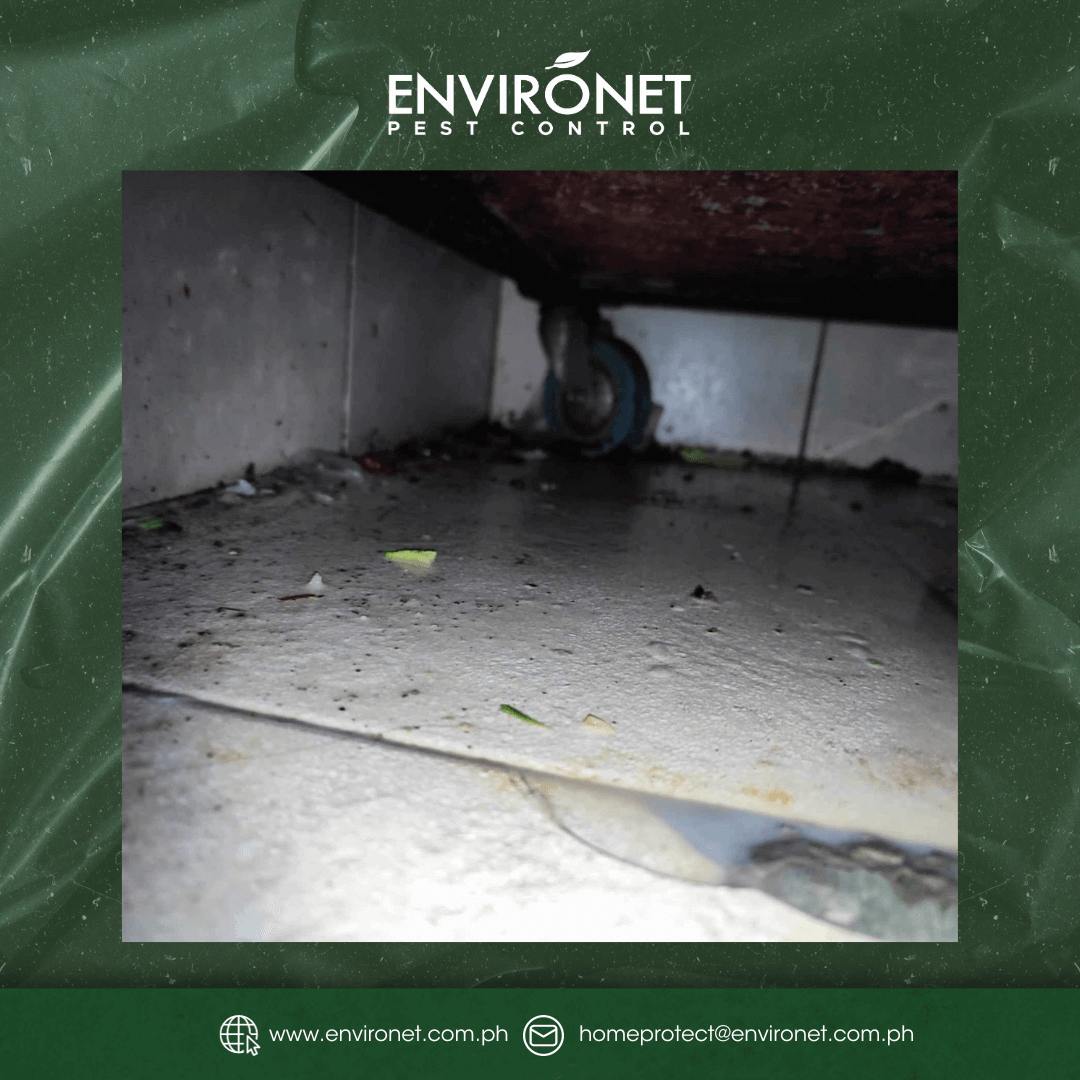
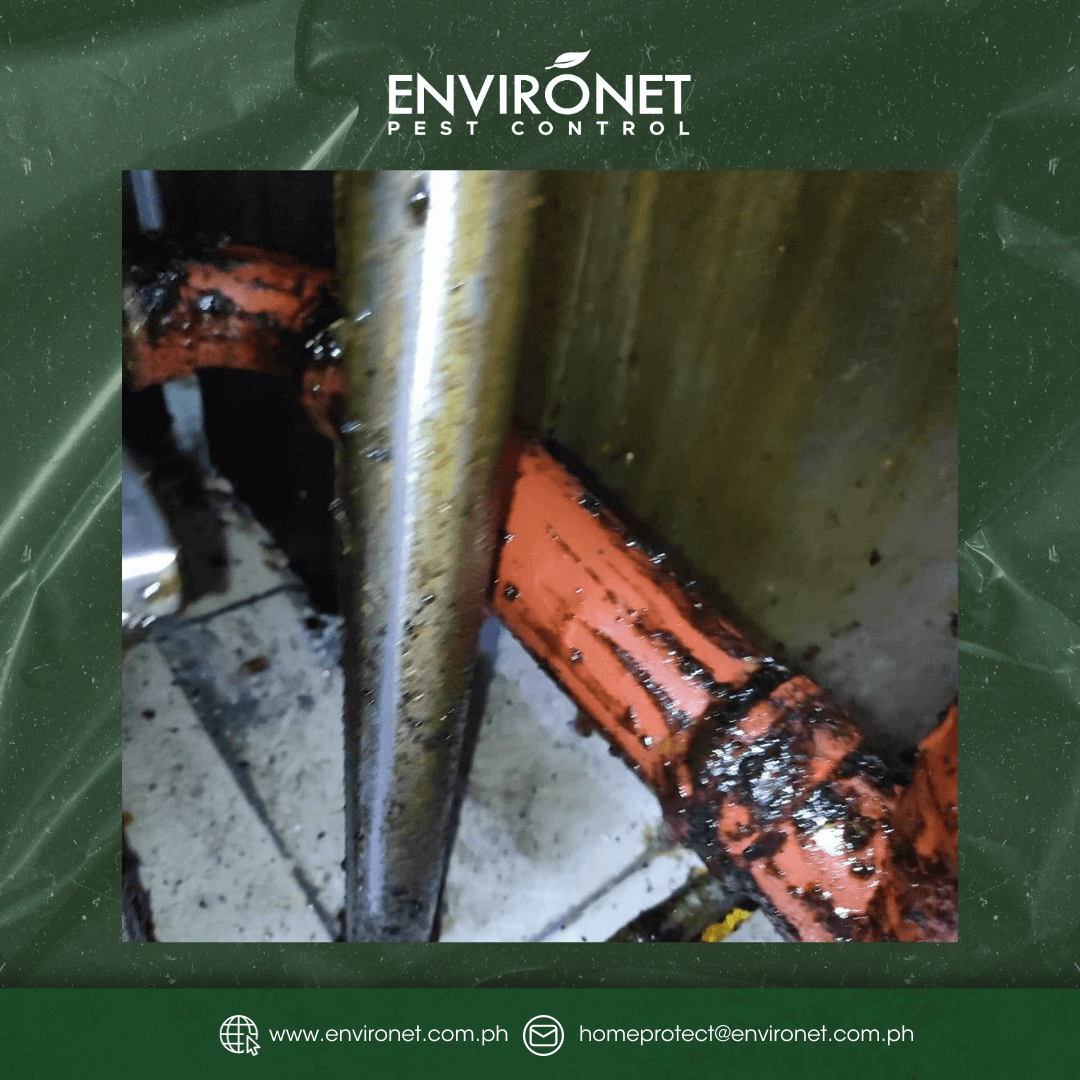
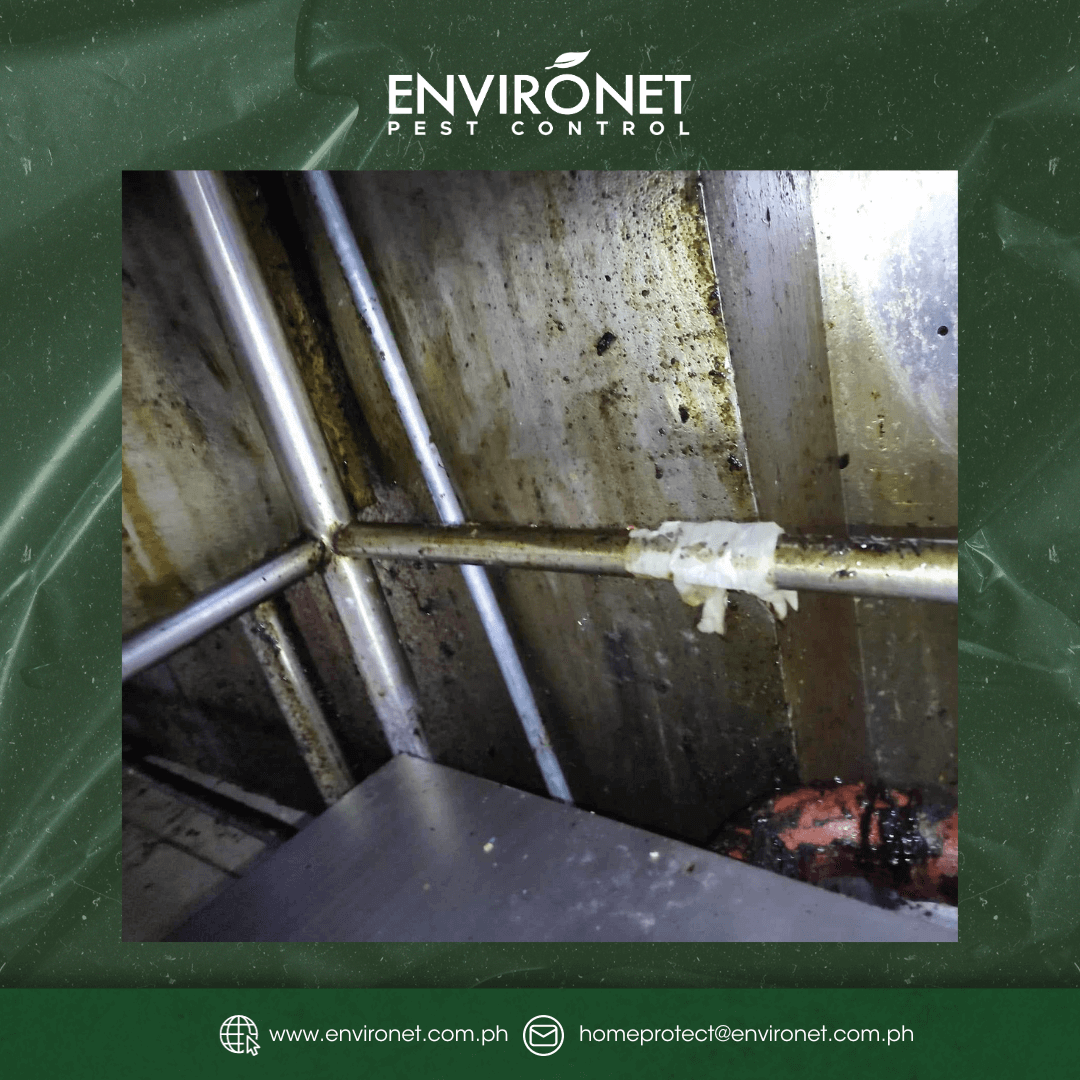
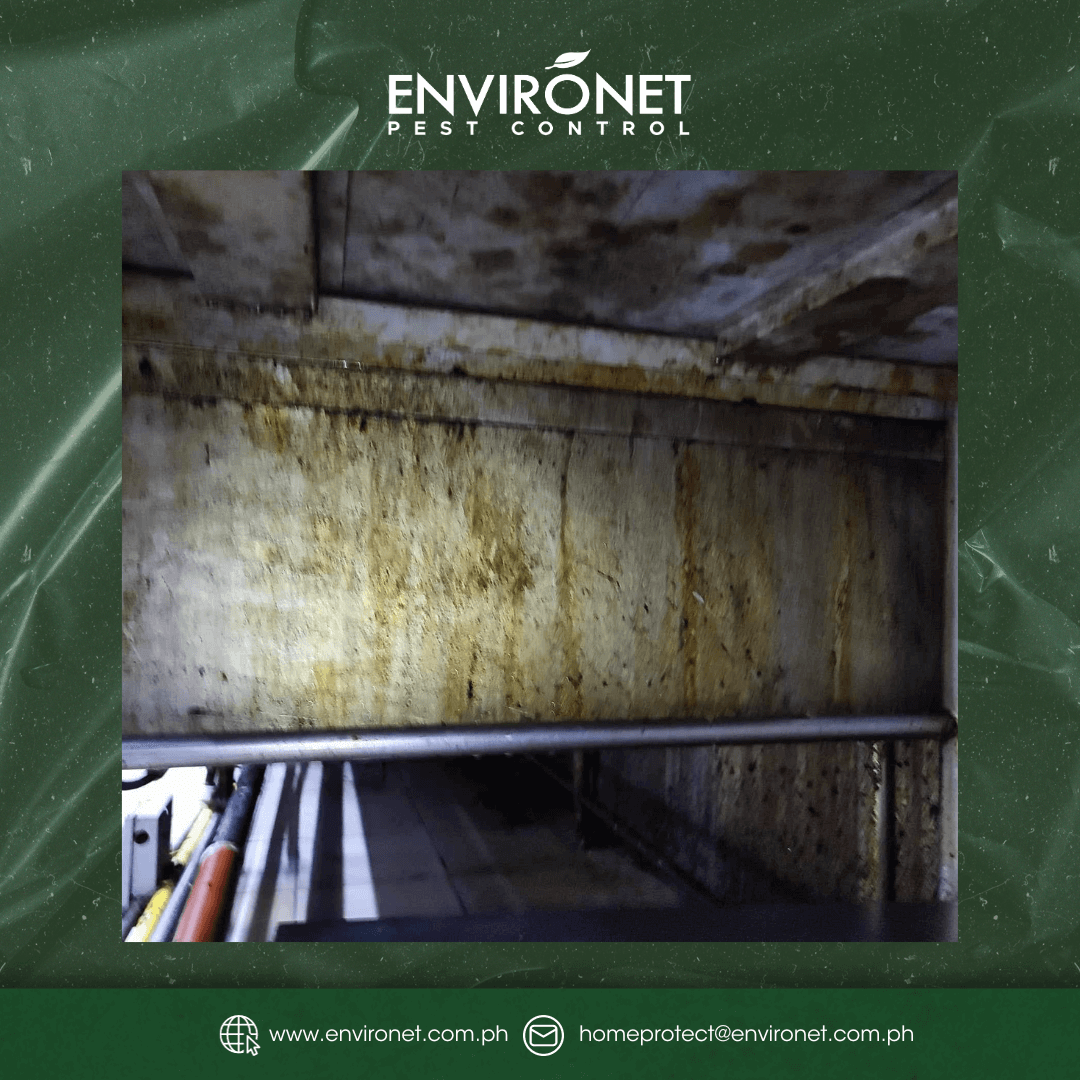
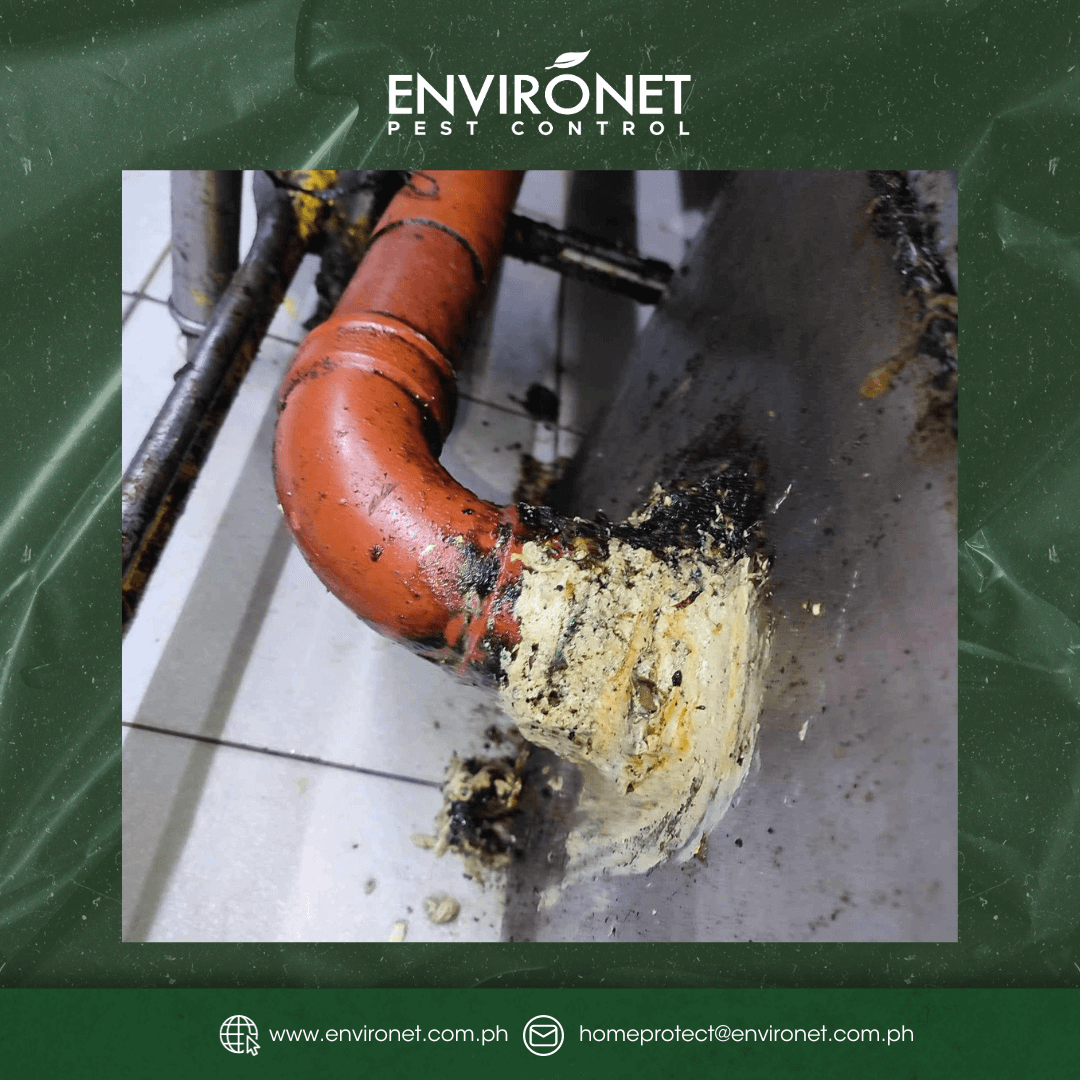
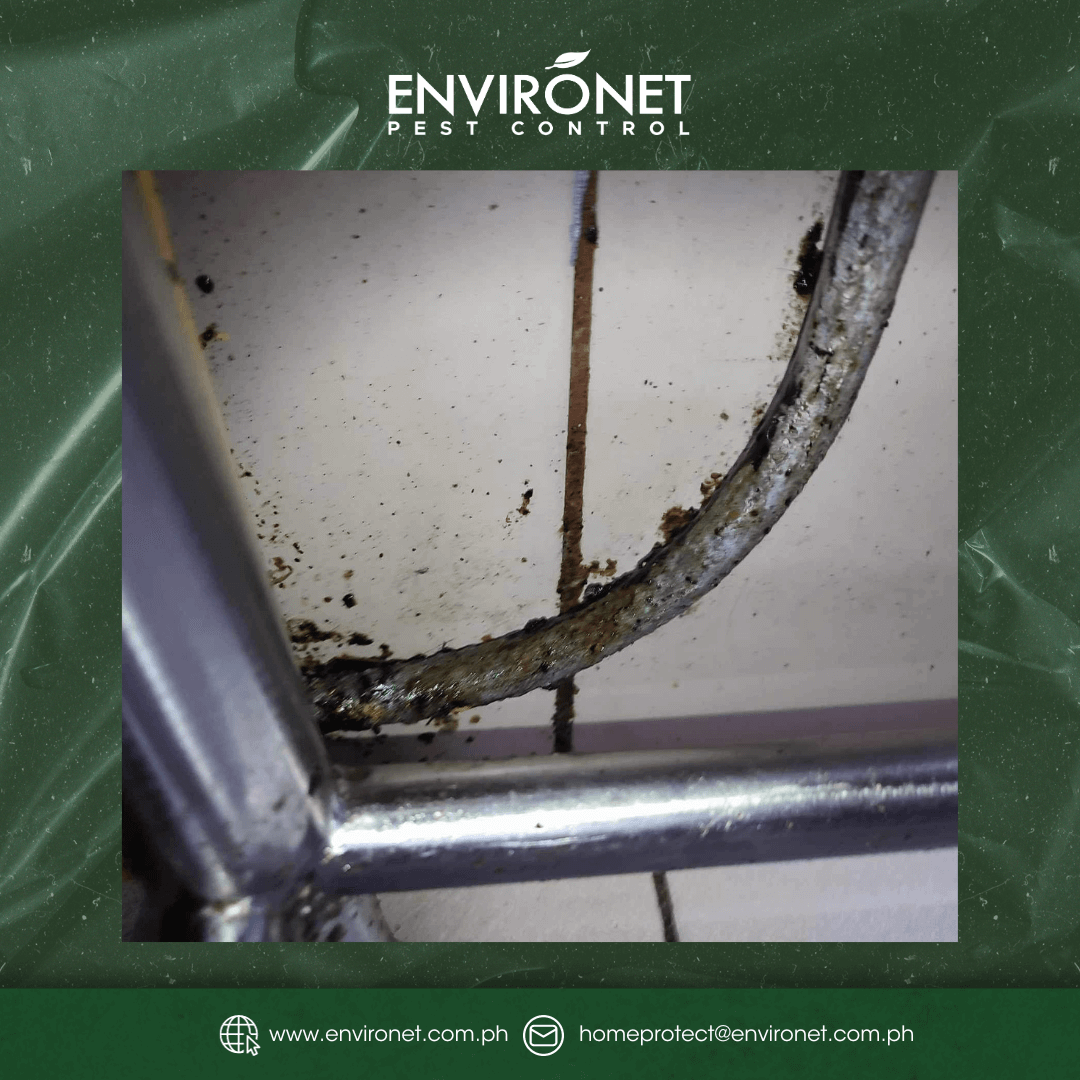
Let’s set the record straight: Pest control is not a one-size-fits-all solution, and it’s certainly not a magic wand that makes all pest problems vanish.
Did you know that a whopping 70% of effective pest control comes from good housekeeping? That’s right, the cleanliness of your surroundings plays a major role. Another 25% comes from proper building maintenance, ensuring no easy entry points for those unwelcome guests.
Now, here’s the kicker: Only 5% comes from the use of pesticides. That’s right, just 5%!
It’s time to debunk the myth that pest control is all about chemicals. It’s about creating an environment that’s inhospitable to pests in the first place. So, while we do our part in that 5%, remember that the lion’s share of responsibility falls on good housekeeping and maintaining your space.
Conclusion
In conclusion, dispelling these common pest control myths is crucial for effective pest management. By understanding the facts and seeking professional help when needed, you can protect your home from unwanted invaders. Remember that pest control is not a one-time endeavor but an ongoing commitment to maintaining a pest-free environment.
Maintaining cleanliness, implementing preventive measures, and addressing potential entry points are essential steps in pest prevention. While pesticides have their place, they represent only a small fraction of effective pest control. By adopting a holistic approach that combines various strategies, you can create a living space that is inhospitable to pests.
Don’t let misconceptions about pest control lead to unnecessary stress or inadequate protection for your home. Stay informed, and when in doubt, consult with pest control professionals who can provide expert guidance tailored to your specific needs.
If you have pest problems, book Environet Pest Control Services or Contact Environet Pest Control today!
Frequently Asked Questions (FAQs)
1. Are DIY pest control products effective at all?
-
DIY products can be effective for minor infestations but may not address larger or more complex pest problems.
2. How often should I schedule professional pest control services?
-
The frequency depends on the type of pests and the severity of the infestation. A professional can provide recommendations.
3. What should I do if I suspect a pest infestation in my home?
-
Contact a pest control professional to assess the situation and recommend appropriate treatment.
4. Are natural remedies safe for pest control?
-
Some natural remedies can be safe and effective, but it’s essential to consult with professionals for severe infestations.
5. Can pests cause structural damage to homes?
-
Yes, certain pests like termites and rodents can cause significant structural damage if left unchecked.
